 Prior to attending a free “Inspired” talk on purpose by Mike Catton (a series of talks which I thoroughly recommend for anybody), we were asked to view a video entitled “Humans Need Not Apply” looking at how robotics are taking over many jobs. Although you might imagine that those jobs would be the more repetitive and/or low-skilled – they are not. Robotics are also taking on the professions (such as medical or law) and also creative work. Much as the car/truck took over from the horse and the requirement for working horses is now very low, the video was pointing to a future where almost half the workforce would not be required. I don’t know about you but that is a radical view, a little scary but logical to a certain point.
Prior to attending a free “Inspired” talk on purpose by Mike Catton (a series of talks which I thoroughly recommend for anybody), we were asked to view a video entitled “Humans Need Not Apply” looking at how robotics are taking over many jobs. Although you might imagine that those jobs would be the more repetitive and/or low-skilled – they are not. Robotics are also taking on the professions (such as medical or law) and also creative work. Much as the car/truck took over from the horse and the requirement for working horses is now very low, the video was pointing to a future where almost half the workforce would not be required. I don’t know about you but that is a radical view, a little scary but logical to a certain point.
We may want to dismiss it but there is information out there which all points to such a situation within 20 years but that will be on a gradually increasing basis from now. We know McDonalds have introduced electronic cashiers; Uber are employing taxi drivers on a casual basis with the ultimate goal of driverless cars; electronic bank tellers/hole in the wall are now common place; and electronic coffee dispensing machines are on the rise. I think everybody is likely to be able to think of examples where they interact with machines rather than a human.
The ironic and amusing aspect of this mechanisation is that this was and is designed by humans, to do humans out of a job or at least to bring the cost of the labour equation down with no violation of regulations for labor. More than likely they will do themselves eventually out of a job as well!
I can see several potential outcomes of this trend. What is likely is an increase in disparity between the haves and the have nots. Inequality issues do not lead to social peace – they lead to unrest. Increased inequality also leads to a smaller market in which to sell “stuff”, perhaps leading to a drive to cut costs and so the spiral continues.
On the brighter side we could all make do with reduced income based on the reduced cost of products/service produced by robotics (hopefully with the cost of living going down overall as well). Maybe part-time work for everyone, spreading the work across the workforce combined with reduced costs.
What it is ultimately pointing to is a much more flexible workforce, whether in terms of hot desking, job sharing or staff turnover. In an office-based environment this will mean that our workspaces will need to be more flexible. No longer will a workstation be able to be set up for just one person and expect it to remain so for a good number of years. Not only will workstations need to be flexible but the work environment itself will need to be more flexible – that is what we call “activity-based working”, which provides alternative ways of working within an office environment – a desk per person is no longer the necessity it once was.
Living in such times, whether we are impacted by robotics or not, we need to find a purpose for our lives – a vocation rather than just a job where humans need not apply. Have a happy life.
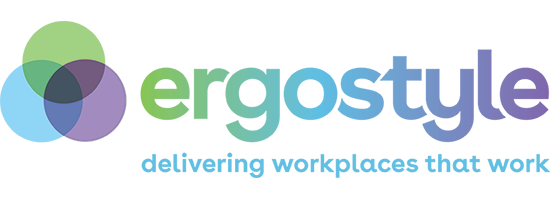
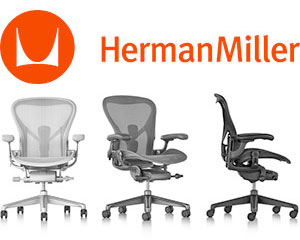

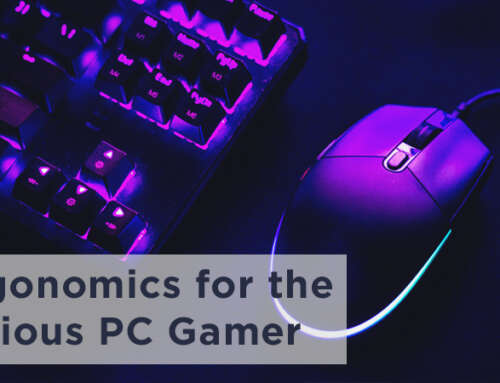
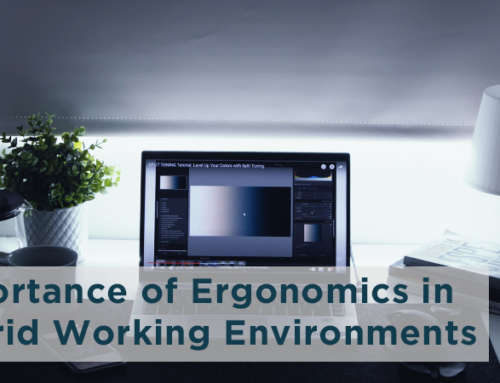
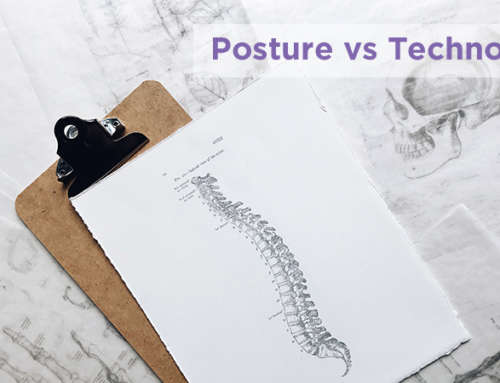
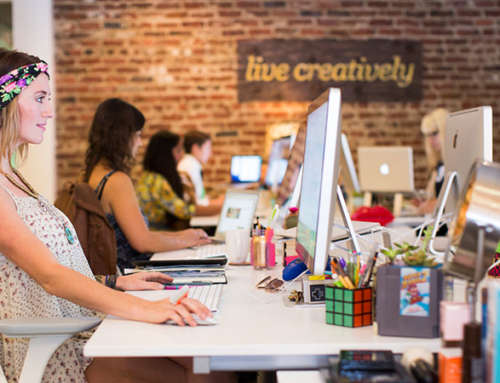
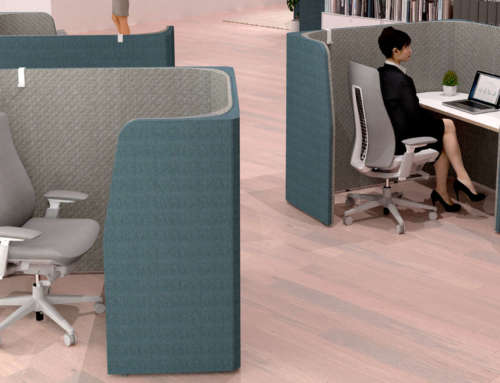
Leave A Comment
You must be logged in to post a comment.